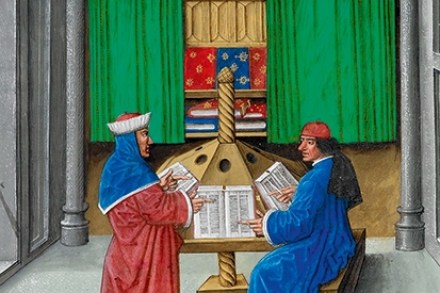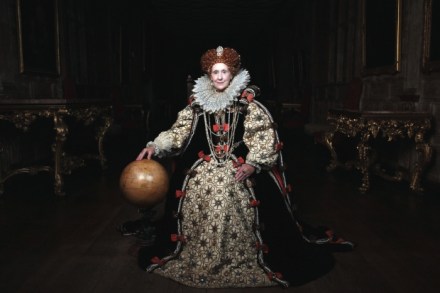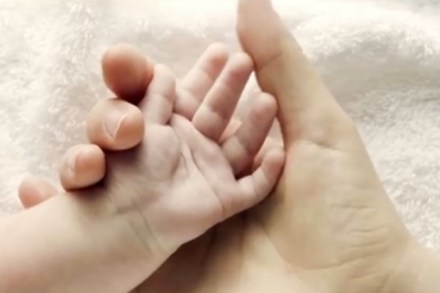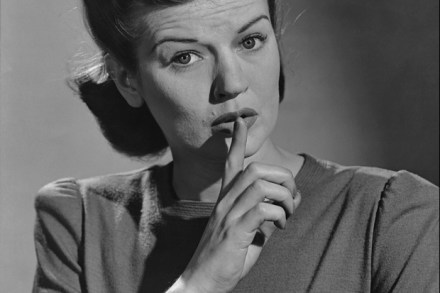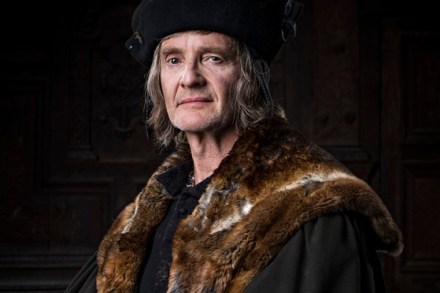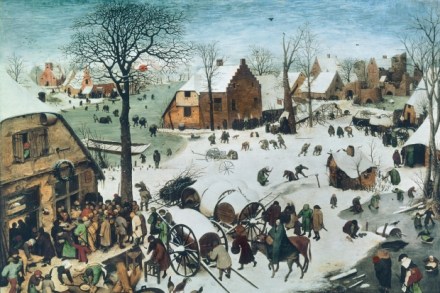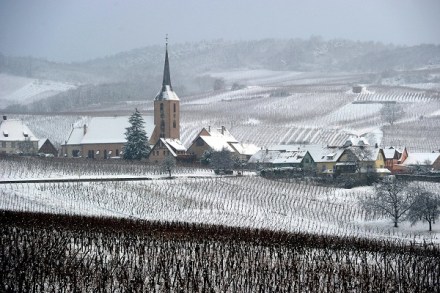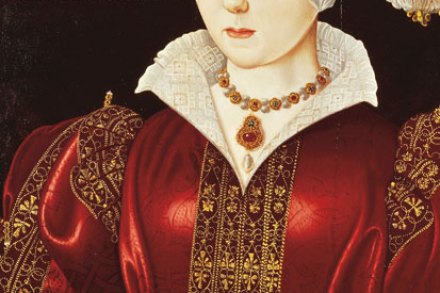Benedict’s back
One of the finest speeches Benedict XVI ever delivered was about sacred music. It is a small masterpiece, in which Benedict recalls his first encounter with Mozart in the liturgy. ‘When the first notes of the Coronation Mass sounded, Heaven virtually opened and the presence of the Lord was experienced very profoundly,’ he said. Benedict robustly defended the performance of the work of great composers at Mass, which he insisted was necessary for the fulfilment of the Second Vatican Council’s wish that ‘the patrimony of sacred music [is] preserved and developed with great care’. Then he asked: what is music? He identified three places from which it flowed. First, the


